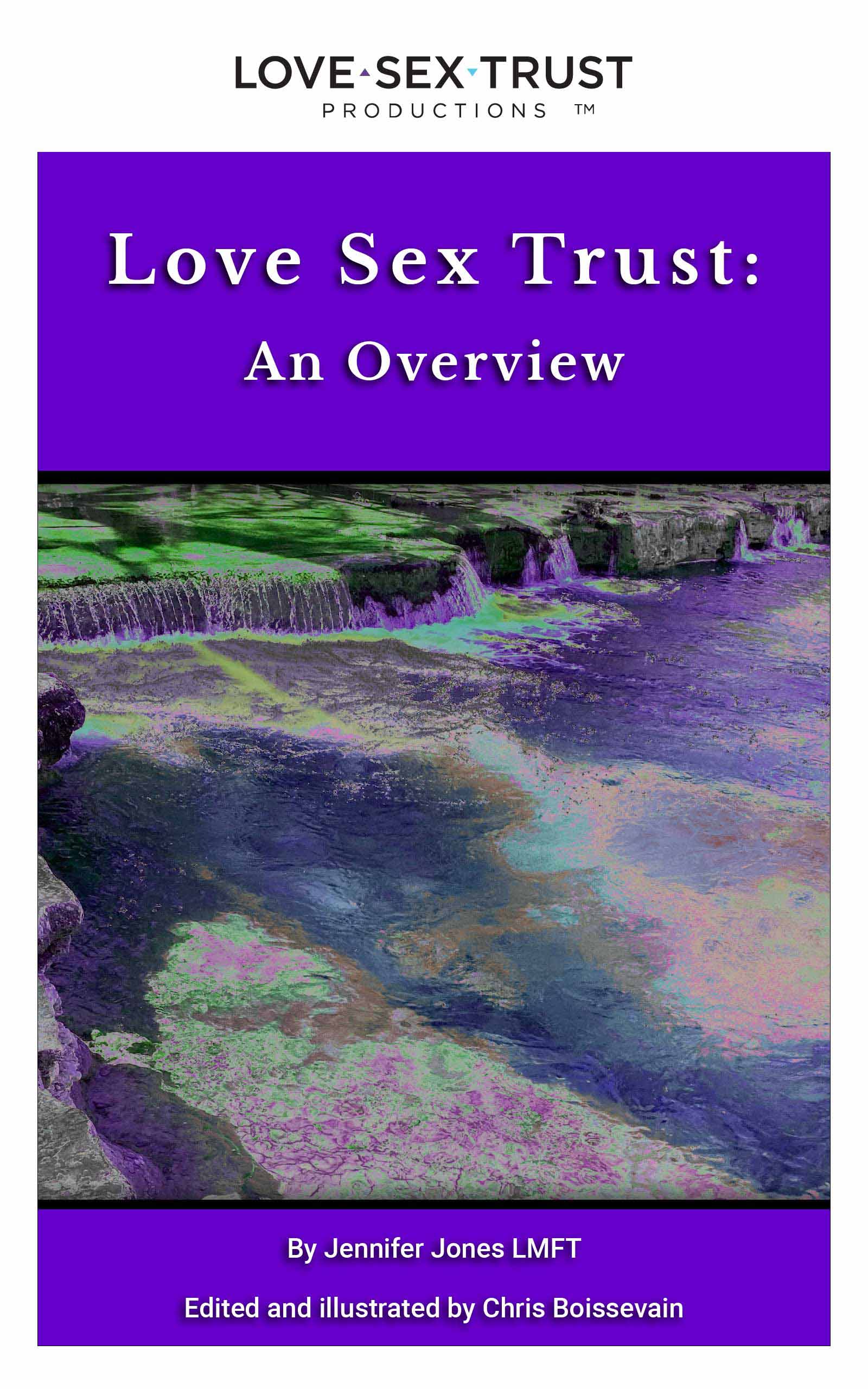Don’t ignore your anger
Anger often gets a bad rap, however, because the focus is usually on how it’s expressed. You are often taught that it’s a negative character flaw and should be repressed. Or, you’ve been a victim to other’s abusive displays of physical aggression or sometimes even worse, their passive aggression or dismissal, the kind like noxious gas, invisible, inferred or not spoken, but has the ability to stab your heart.
Anger is actually a very rich emotion that has so much investigatory powers, if you have the right tools.
Anger as activation
Instead of getting depressed or too sad, which is a passive state, anger mobilizes your energy towards making a needed, but perhaps tumultuous life transition. For example, getting pissed that you have to undergo cancer treatment or leave a relationship can be extremely important to harness energy to take care of all the necessary details for getting from now to your future.
Anger as an indicator of self-worth
Anger can be an indication that you are involved in a relationship that isn’t good for you. When you feel pissed that a job or relationship isn’t respecting your time or commitment, getting mad is a healthy response, not selfish. It’s important to pay attention to this reaction, not stuff it down, thinking something is wrong with you. Your anger is, in essence saying, “I’m worth more than this.”
Anger – Grief Combo
Anger, which can also be styled as cynicism, irritability, numbness, or sarcasm, especially when chronic, might feel comfortable as your personality style, but it holds a very different truth. Dealing with deep trenches of grief and loss can be debilitating at different times of your life, especially childhood and adolescence, so it gets pushed way, way down inside. Your heart may be ripped up, but to survive, you built a layering of scar tissue, then bandages, then more protective material, think of a big ski jacket. The pain is entrenched and protected, but your chronic anger is inviting you to actually ask, “What is making me so so sad?”
Anger as connection and hope
Being pissed that others are being mistreated also indicates that others are worth more than their circumstances dictate. It’s also a sign that you want to connect with others. You likely have empathy for others because you are in touch– whether you are aware of it or not– with your own pain and suffering through an injustice that you experienced. By repressing your own pain, “I didn’t have to deal with anything this bad” and being motivated by guilt to help others, is a way to hide.
We all have pain and suffering. Your outrage for others’ situations is also about acknowledging your own pain. As you connect with others, you can bring healing to the injustice you felt.
Anger as clues to your past
Sometimes you or your partner have irrational anger, big emotions buried inside or that explode out, that don’t seem to fit the vibe of the current situation.These reactions are often clues to lead you to uncover old repressed pain. If you slow down to analyze the underlying theme of “Why am I so mad?” you can see the unspoken pain of childhood or adolescence. For instance, my kids know I go from 0 to rage at being splashed in the pool. Instead of going off on them, which I admit I have, blaming them for my anger, I followed it’s path to uncover younger feelings of being dominated and powerless.


